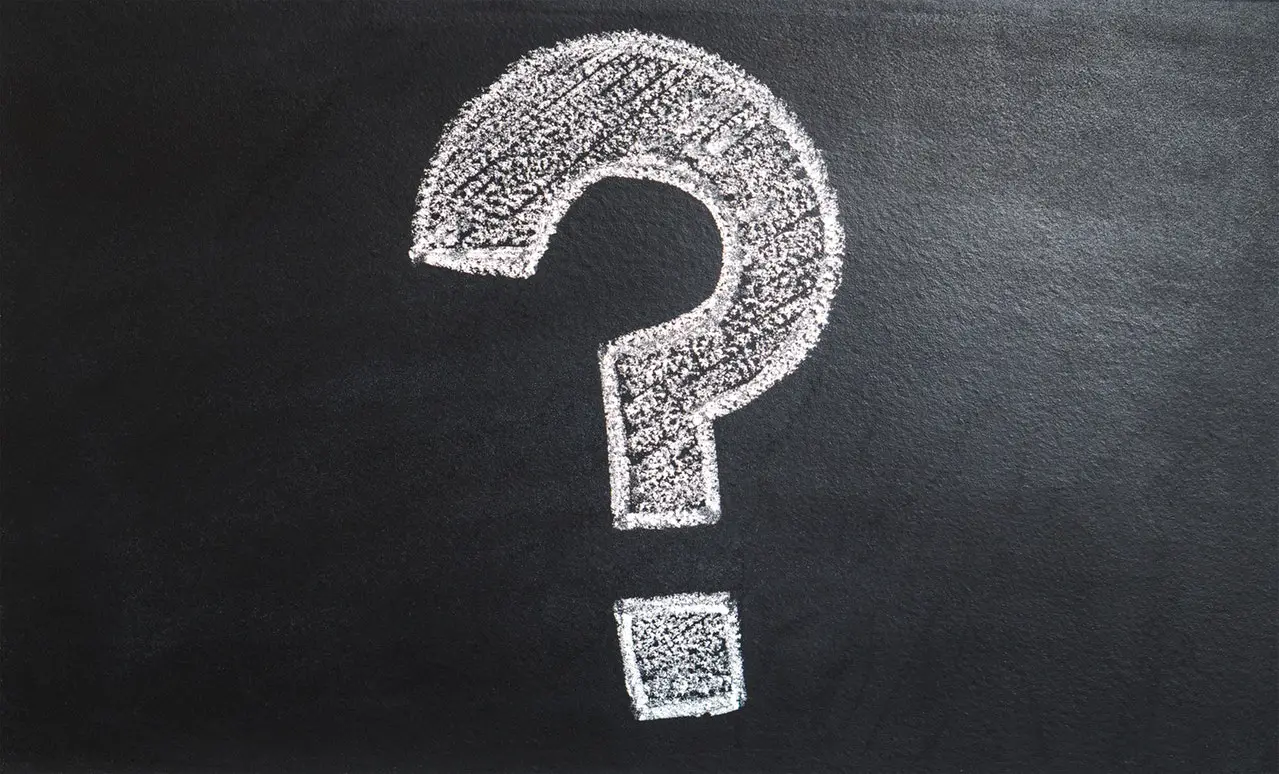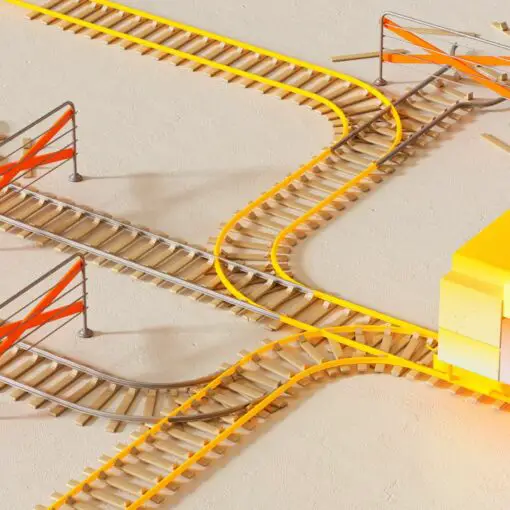Critical thinking implies a systematic evaluation of a situation that needs reacting. It can help you arrive at the best possible solution. In essence, it’s about asking the right questions to avoid taking on problems with a devil-may-care attitude.
The premise of critical thinking is to understand the logical connection between ideas. It requires questioning and reflecting on a series of related critical questions. The goal is to be able to use these questions together to identify the best decision available.
Critical thinking takes persistence and practice. So don’t worry if you didn’t nail it the first time. The search for better opinions, decisions, or judgments is not an easy task.
Use these ten questions to improve your critical-thinking skills and ultimately solve your problems without a hitch.
What is the problem?
It might sound obvious, but many people find it hard to pinpoint exactly what they are dealing with. Basically, the premise of this question is that you can’t find a sound solution if you aren’t clear about what is causing your stress and anxiety. So, how can you determine exactly the challenge you’re facing?
The best course of action is to make a list. Get in the habit of writing your problem. This approach can help you focus on the problem itself. You can also see if it has been recurring in your life.
Be specific and concrete. Write every detail possible in order for you to be more insightful about your problem. It is also important to stick with facts. Avoid writing opinions otherwise, it makes the problem harder to solve.
What do I want to achieve for this problem?
The most important and challenging aspect of solving a problem is defining a goal. At the outset, your goal should be observable and measurable behavior. “To be happy” is an ideal goal, but it isn’t actually measurable.
Of course, this doesn’t mean that you should abandon the idea of achieving happiness. What you want to do is to explicitly determine what constitutes as “happy”. List the things that you associate with happiness and figure out which are achievable.
When do I want to solve my problem?
Relating to question two, realistic goal is something you can achieve within a specific time frame. Know exactly when you want to achieve it. Is it this week? Next month? Write it down to its specifics.
Think of your time frame as a tool you can use to reach your goal. This can help you not wander off to unrelated tasks that can hinder your progress.
Can I achieve this in my given environment?
The biggest mistake you can make when finding solutions is not to consider your current situation. Your given environment can actually dictate whether you can solve your problem or not.
Going back to achieving happiness, you might want to consider the conditions of your life. Can a change of scenery help you achieve your goal? Is your environment making your problem worse? Notice that your answers are critical in finding the right solution to your problem.
What are my weaknesses and strengths?
The thing is, knowing your capacities can help you leverage them. Your strengths can help you push yourself further. Your weaknesses can hold you back from achieving certain things.
Both play an important role in solving your problem. Take some time and think about their implications in your life. Consider these as tools to help you find out how to approach certain things in life.
What are the possible solutions?
Now that you know your problem, goal, and assets you can now move on to finding the best solution. At this point, you shouldn’t shy away from creating multiple solutions. In fact, it is best if you have a variety to choose from.
Note that you should also consider the possible best case and worst case scenarios. Remember that your best cases should be achievable. For your worst cases, be prepared to overcome them if life throws you a curveball.
What is the best course of action?
Choose the best solution to your problem by taking into consideration the following questions: Will it solve my problem in my given deadline and environment? Are my strengths at play here? Will my weaknesses hinder me from achieving my goal? Lastly, what are the benefits of using this solution?
It is important to remember that there isn’t a perfect solution. If you find yourself stuck, learn to reflect or choose another way to solve your problem.
Why is it not working?
Stuck? Check in with your problem and ask yourself where exactly you went wrong. Is your goal realistic? Is it aligned with your strengths? Should you pick another solution instead?
Whenever you’re stuck remember to be open to self-criticism. The interplay between your chosen solution and new realizations can provide a basis for growth.
Did I solve my problem?
At this point, you should feel less anxious. Your problem should be gone. But before you celebrate, take a moment to reflect.
Notice the changes in your life and determine exactly if everything went according to plan. Did the solution actually helped you or is it because of other unforeseen circumstances? Answering this question can help you determine if your solution is actually effective.
Have I learned something from myself?
Reflection is a basic foundation of self-growth. It aims to make you more aware of your skills and attitude by critically evaluating yourself. This process encourages you to question your everyday practice—in this case, how you solve your everyday problems.
Learning from your experience can help you gain new insights about yourself. Answering this question can make you aware of the changes your in behavior in approaching problems. It can help you improve as a critical thinker.
The Importance of Practice
Clearly, there are times when critical thinking seems harder to apply. It is much less likely that you are not doing right; it might be simply because you don’t have enough practice. The questions in this article will not only help you solve your everyday problems, but it can also provide opportunities for you to practice critical thinking.





